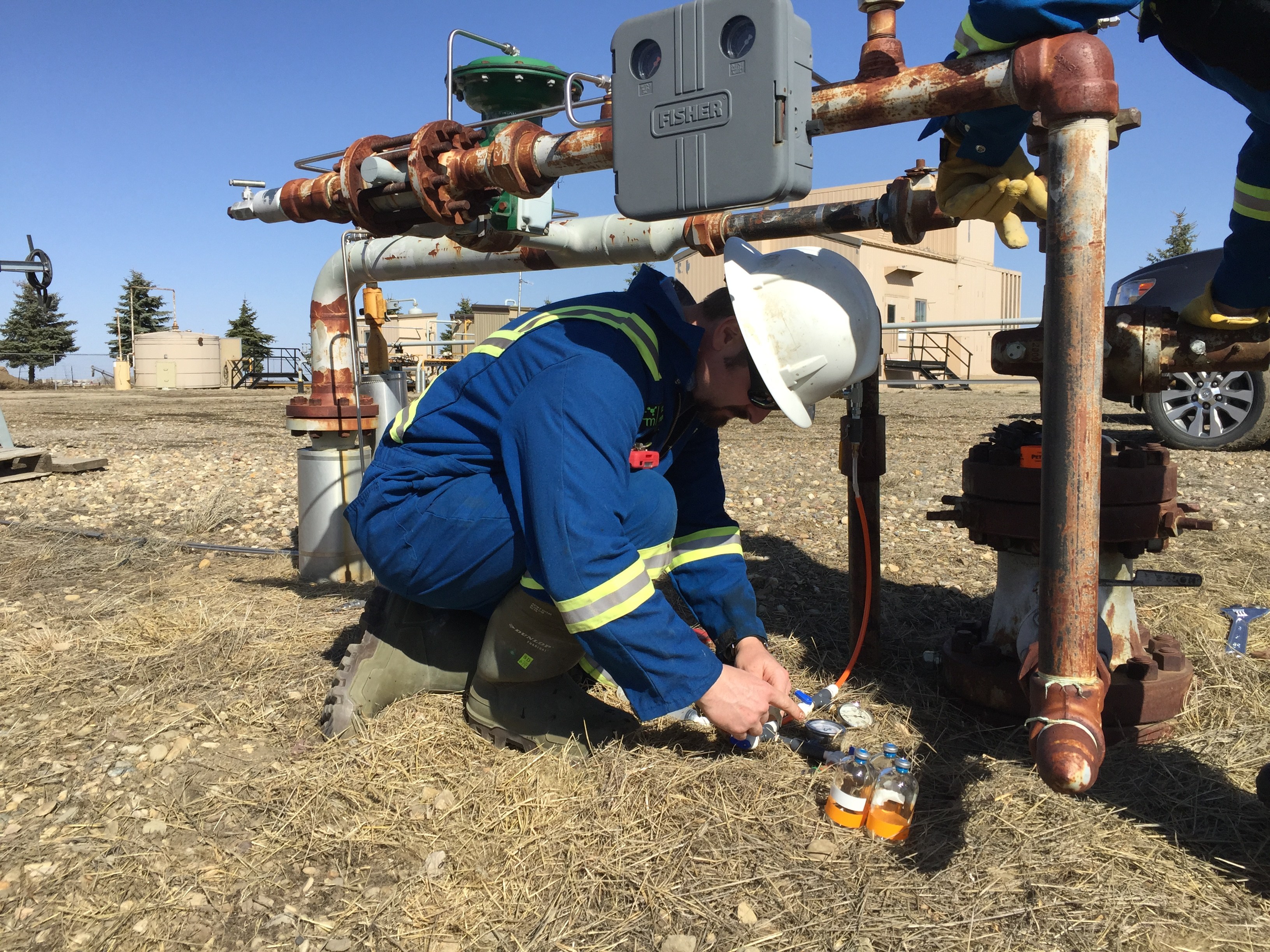I am always fascinated with the use of the latest analytical chemistry techniques in solving unique environmental, geochemical, and arson cases and projects. My interest in these techniques coincides with this also being the ‘golden age’ of analytical chemistry. Analytical chemistry has recently developed so extensively that we are now able to measure more things at the same time at lower and lower quantities than ever before. In fact, for some techniques, we are able to detect thousands of molecules, which is in the parts-per-quintillion (attogram) level.
How does Chemistry Matters use Analytical Chemistry?
Chemistry Matters provides consulting support on arson investigations; geochemistry oil and gas projects; and expert witness testimony on dioxins, PCBs and persistent organic pollutants (POPs). Even within my oil and gas work, we conduct chemical fingerprinting on salts and metals; we sample gas, and analyze isotopes for gases collected from gas migration (stray gas); and determine all the sources of polycyclic aromatic hydrocarbons (PAHs) in river sediments after crude oil spills, using their PAH fingerprints.
Most people cannot see how these seemingly different projects are related. Some may think we do a cornucopia of different services but in fact we are simply using the skills of forensic chemistry consulting.
What is forensic chemistry consulting?
The term “forensics” is used predominantly for legal matters, but its origin is the Latin "forens," which means "belonging to the forum, public." Forensics, as we do it, is the in-depth assessment of information to ensure that the information is correct, and the data is properly analyzed with enough confidence to convince relevant stakeholders of its interpretation (which includes the public).
Chemistry is the central science and is included in every aspect of all our projects. This includes sampling - how samples are taken, why they are taken, and even where they are taken; this includes the analysis - how to analyze the samples, what methods to use to analyze the samples to obtain the required data for an investigation, and how to evaluate the data quality to ensure it's accurate and within proper precision for the investigation. It includes the data interpretation - finding the meaning of the data and statistically analyzing the data to its fullest, to maximize the data interpretation potential. All data has a pattern associated with it. The goal, therefore, is to find that pattern and make sense of the data. In addition to the multivariate statistical analysis, there is also a need for fundamental chemistry knowledge to explain why the pattern is . . . what it is. An essential concluding component is to ground truth to the results - do they make sense when looking at the facts and conditions at the site?
These techniques are used on all the varied projects on which we work. Some cases require all of them, and some cases only require a few. Even though the projects seem very diverse, they all involve forensic chemistry principles.
What in the world isn't chemistry?
When you think of the work we do, and how it is all connected by chemistry, you wonder whether there are limits to where the knowledge can be applied. That takes me back to a conference I attended in the late 1990s. They were handing out bumper stickers that said "What in the world isn't chemistry?" How true is that statement?
How can chemistry help your clients or a case you are working on?
Knowing how the data can be used, in the end, is a key component at the beginning of a project. Most people collect data because of environmental guidelines, and are simply collecting what they have to. If you know what the data, in the end, can be used for, you can collect this valuable information from the start of the investigation to expedite the process or facilitate closure - and therefore, bring closure to the project in a quicker time frame. Which means saving both money and time by avoiding collecting data and information of little or no worth.


-1.png?width=859&name=Sample%20%231%20(2)-1.png)
.jpg?width=859&name=Archery%20photo%20(3).jpg)